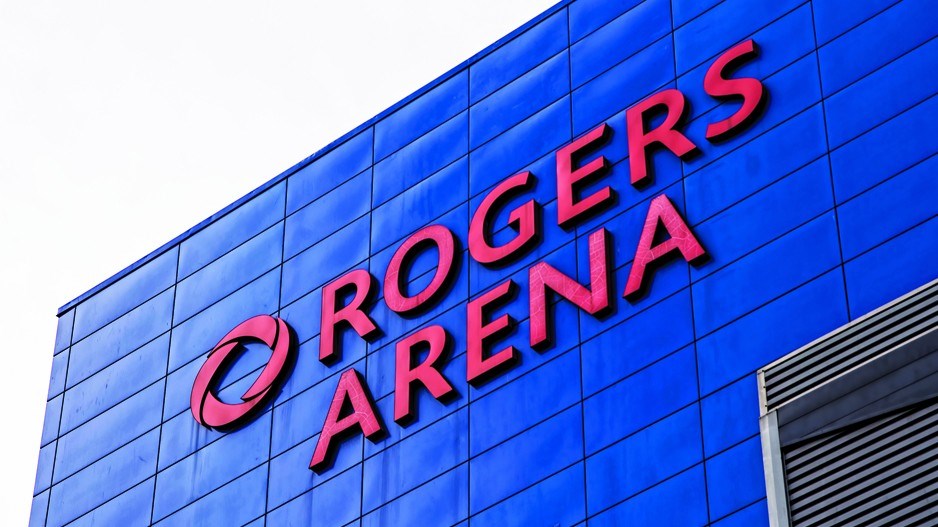The nasty legal battle between members of the Rogers family over control of Canada’s largest telecom company should not have any short-term ramifications for the firm’s wide range of operations, a legal expert says.
But over the medium and long term it may be a different story, because the dispute is happening at a crucial time for Rogers Communications Inc. (TSX:RCI.B) as the company pushes through a $26 billion acquisition of Shaw Communications (TSX:SJR.B) that, if approved by regulators, would result in a monumental change in Canada’s telecom landscape.
The affair erupted into the open on October 25, when Edward Rogers – son of late RCI founder Ted Rogers – filed a petition in BC Supreme Court asking that his appointments to the RCI board be approved. Edward Rogers, who is chairman of the family trust that controls 97% of RCI’s voting shares, said B.C. law allows him to make changes to RCI’s board without holding a shareholders’ meeting. (RCI is incorporated in B.C.)
That move has been vehemently opposed by RCI’s board, including CEO Joe Natale and Loretta Rogers – Ted Rogers’ widow – and Edward Rogers’ two sisters, Melinda Rogers-Hixon and Martha Rogers.
The dispute stemmed from Edward Rogers’ original plan to remove Natale as CEO – citing poor job performance – and replace him with CFO Tony Staffieri in September.
“In the short term, this type of boardroom drama, I don’t think it will have a big impact on Rogers’ business operations because they are somewhat removed from what’s happening in the boardroom,” said Camden Hutchison, assistant professor at the University of British Columbia’s Peter A. Allard School of Law and a former corporate lawyer.
In the long term, however, the picture is more murky, he added. Hutchison said that, with Edward Rogers backing Staffieri for CEO and others in the family backing Natale, whoever wins the legal case will determine what RCI’s future executive team will look like, because the winner likely won’t retain many executives from the previous administration.
“It sounds like right now there are two competing boards claiming they are in control – so that’s really unusual,” Hutchison said. “And only one of them is, so that needs to be sorted out at some point.…
“Each side will choose their suite of executives, not just the CEO but the CFO, COO and all other positions. So you will not have a situation where you have different offices of the company that belong to different factions of the dispute. When one faction wins, they will be in charge – that will put a limit on how damaging this will be.”
That limit, however, is on the business side of RCI. Hutchison said the much more difficult ties to mend will be those within the Rogers family, given everything that has happened.
For example, when Edward Rogers originally planned to terminate Natale, he claimed that Loretta Rogers and Martha Rogers supported his plan at a September 22 meeting – only to abruptly switch sides at a September 26 meeting to advocate bringing back Natale and terminating Staffieri instead.
Then in October, the RCI board voted – while Edward Rogers was absent – to remove him as RCI board chairman and replace him with John A. MacDonald. The move led to Edward Rogers using his position as the chairman of the family trust to remove five members of the RCI board that voted against him – including MacDonald – and to add five new RCI board members while holding another vote in which he was re-elected as chairman. Those moves have not been recognized by RCI.
“At some point, this will be sorted out legally,” Hutchison said. “Then it just becomes an issue between different members of the family – and good luck to them.”
Several analysts on October 25 and 26 – the first two days of trading after Edward Rogers filed his legal petition – downgraded RCI’s B-class shares.
The downgrades came from analysts such as RBC Capital Markets’ Drew McReynolds and Desjardins’ Jerome Dubreuil, both of whom moved the RCI.B stock to “hold,” citing the potential impact of the Rogers-Shaw deal falling through because of the uncertainty over the RCI board.
Not every analyst is as concerned, however.
Matthew Dolgin, equity analyst at Morningstar Inc. (NASDAQ: MORN) wrote in his analysis prior to Edward Rogers’ legal challenge that the situation would not disrupt Natale’s major initiatives such as the acquisition of Shaw.
“Two items are key,” Dolgin wrote. “It seems both sides want to complete the Shaw merger … and both sides [believe] they are legally correct.”
The second fact, he said, may keep the case in legal channels for months. That would allow Natale to carry out his plans for Rogers and the Shaw acquisition if the CEO does not elect to leave his post.




